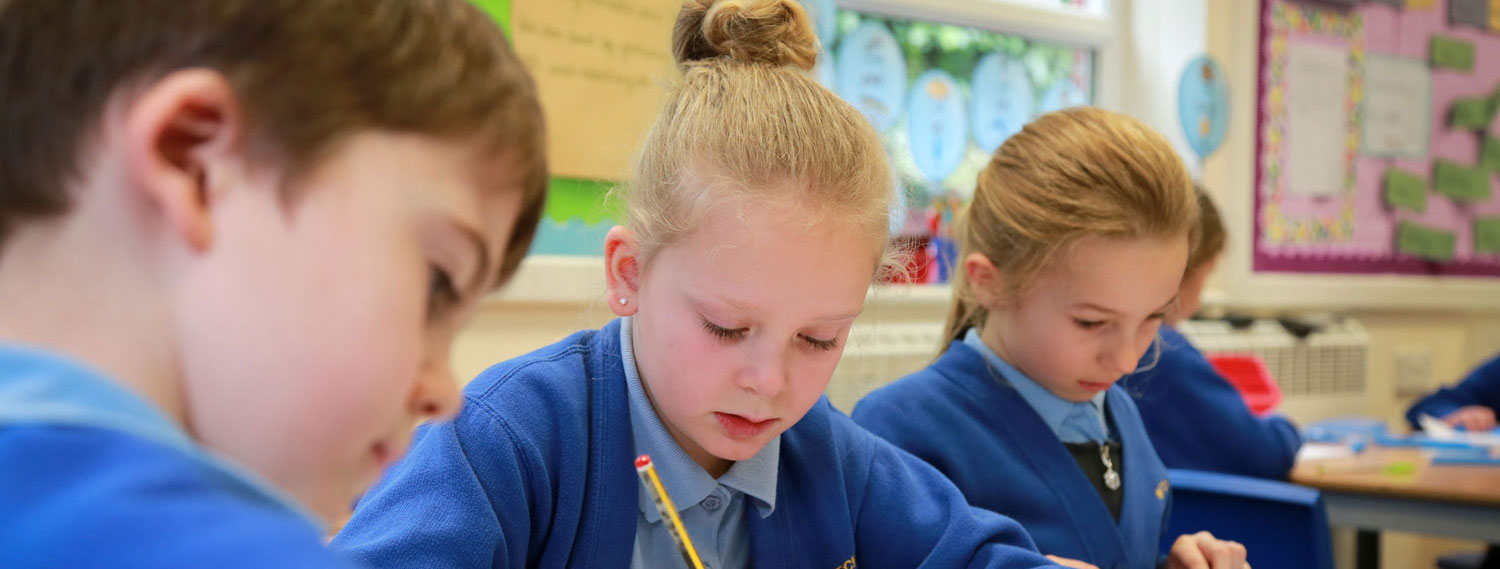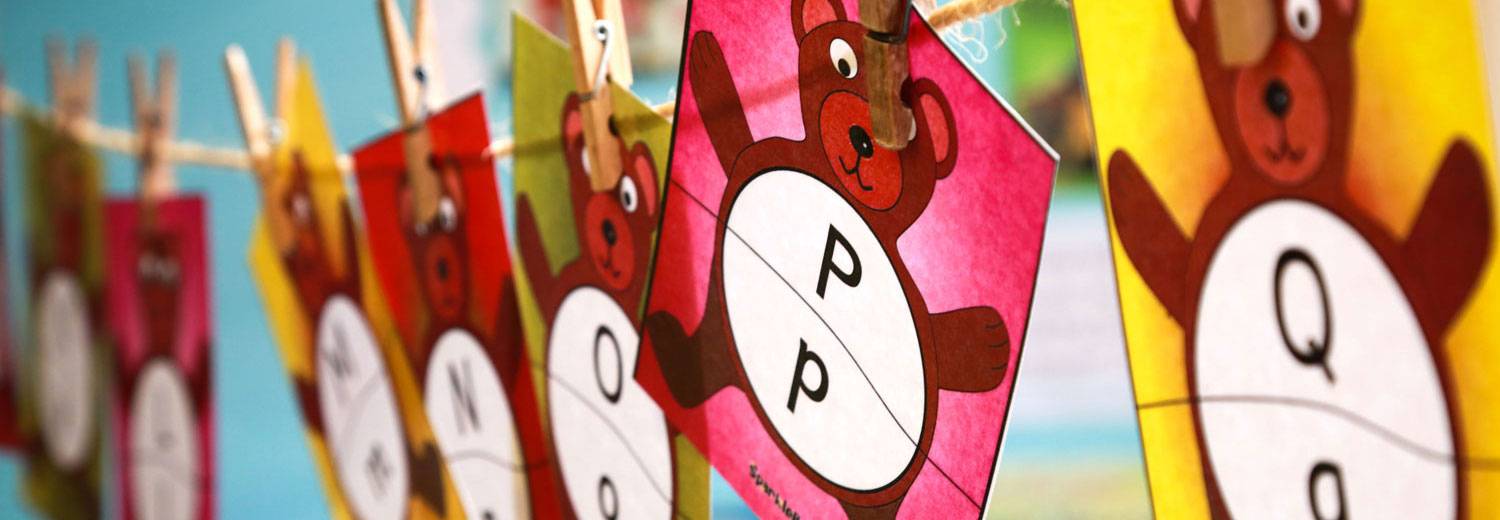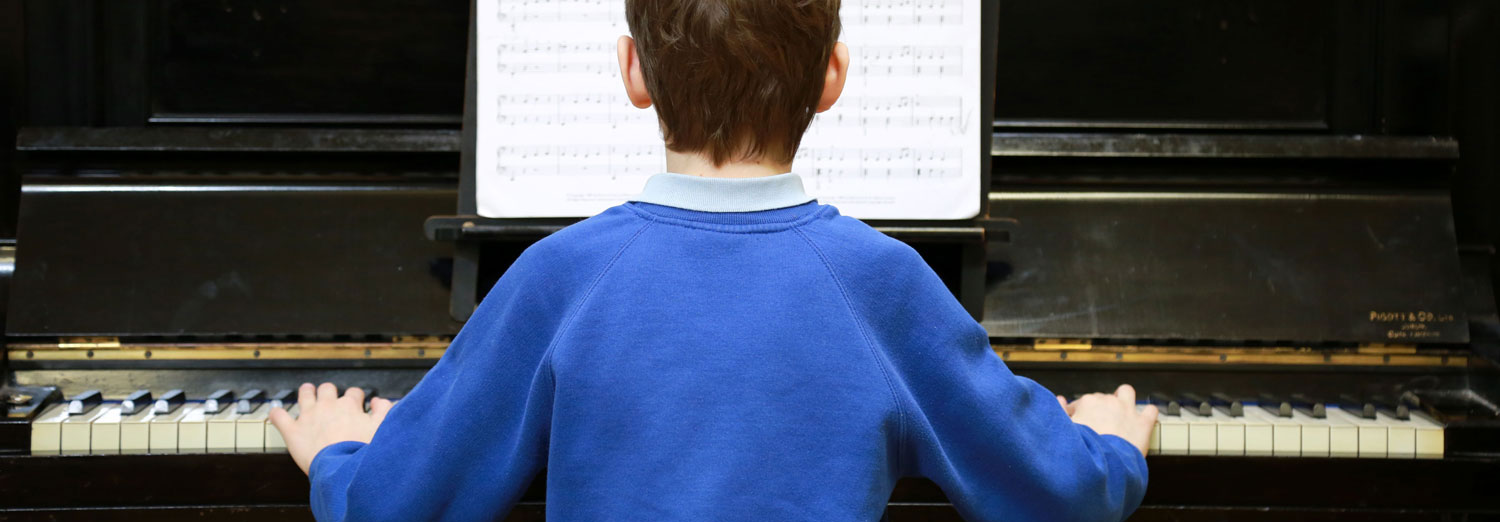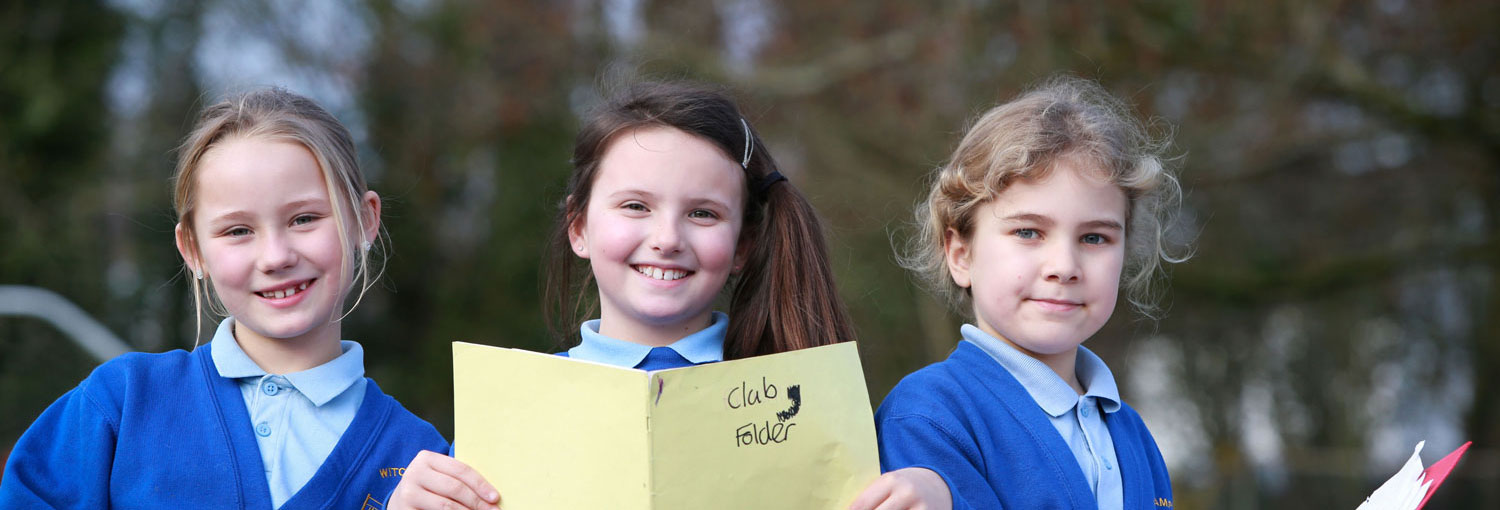Mathematics
The new National Curriculum for Mathematics has a clear emphasis on using and applying key facts to solve problems in different contexts. Skills such as recall of number bonds and time tables are key to children’s success.
At Witchampton CofE First School, we encourage and nurture children to have:
- a positive approach towards Mathematics;
- a sense of curiosity when working with number;
- a belief in their ability to apply their mathematical skills to solve problems;
- an understanding of number and the relationship between numbers;
- efficient calculation and mental arithmetic skills to enable them to progress from informal jottings to formal written methods, once they are confident to do so.
Early Years
Children in the early years (Hedgehogs) develop the concept of maths mastery through maths talk, practising the skills they’ve learned during play, and developing number sense. The key to introducing mastery in the early years is to keep activities fun and part of your daily routine. The more learners explore maths through play, the more engaged they become.
The early years set the stage for a learner’s journey through primary school. If we work to make maths fun and relevant right from the start, then that message will carry throughout primary school and beyond.
Years 1-4
At Witchampton CofE First School we use the Maths No Problem (MNP) scheme. This approach to developing a mastery approach to mathematics develops pupils' mathematical ability and confidence without having to resort to memorising procedures to pass tests - making mathematics more engaging and interesting. It is also the mastery approach scheme used by our local middle schools up to Year 6.
Why Maths No Problem textbooks are recommended by the DfE
An expert panel reviewed submissions from several publishers. It concluded that the MNP Primary Series meets the core criteria set out by the DfE to support teaching maths for mastery:
- Fully aligned with the 2014 English national curriculum
- Learners progress together using a small-step teaching approach
- Clear and uncluttered textbook design that brings learners’ attention to key concepts
- Maths is represented formally and correctly
- Textbooks support both formative and summative assessment — helping children and teachers measure progress
arent videos for Maths No Problem by Dr Ban Har: https://mathsnoproblem.com/en/parent-videos/
Fundamentals of Maths No Problem
School at home with Maths No Problem click here
Knowledge of the times tables and number bonds (addition pairs to 5, 10, 20 or 100) are fundamental to children's ability to calculate with confidence. From Key stage 1 all children will begin to learn the times tables. By the end of Year 4 we aim for children to have learned all the times tables up to 12 x 12 and know their number bonds to 100. From entry, once number recognition is secure, children will begin to learn the number bonds starting with pairs to 5 and early tables by counting in 2s.
Encouraging and helping children to learn these maths facts at home is important.
Most importantly, we are passionate about enabling our children to develop their problem-solving skills and ability to persevere so that they meet mathematical challenges with confidence and enthusiasm.
Mrs Anneka Green leads Maths across the school and Rev Suzie Allen is our link AC Member with an interest in Maths across the school. We collaborate with other schools across Initio Trust with Maths Networks and also with Maths Moderation.
Times Tables
Times tables learning forms part of every Maths week at Witchampton.
Children in year 2 are expected to have fluent recall of x2, 5, 10 by the end of the year. Children in year 3 are expected to have fluent recall of x3, 4, 8 as well as x2, 5, 10 by the end of the year. Children in year 4 are expected to have fluent recall of all tables up to 12x12 by the end of the year. From 2020, the Government ask all pupils in year 4 to take the Multiplication Tables Check, to be taken in school online in June. The purpose of the MTC is to determine whether pupils can recall their times tables fluently, which is essential for future success in mathematics [by the end of primary school; year 6]. It will help schools to identify pupils who have not yet mastered their times tables [by the end of year 4], so that additional support can be provided [in year 5 and 6].
All children in Year 2, 3 and 4 have log-ins for Times Tables Rock Stars to use at school and home to help them with learning these. The model of TTRS closely follows the format of the online version of the check in Year 4. The benefits and features of TTRS can be seen on this video:
We have Celebration of Learning every half term where you can come and see your child's work and celebrate their successes. There are be Parent Maths Workshops scheduled each year.
We would be very happy to show you Maths at Witchampton and answer any questions you may have. Speak to your child's class teacher or get in touch via the school office.
Links for activities at home
To log in to TTRS, click here.
Top Marks Maths games, click here.
White Rose Maths Home Learning with videos, click here.
BBC Bitesize Daily Learning per year group, click here.
For EYFS and Year 1, Numberblocks episodes, click here. They are endorsed by the NCETM (National Centre of Excellence in the Teaching of Mathematics).
NRich:
NRICH is an innovative collaboration between the Faculties of Mathematics and Education at the University of Cambridge, part of the University’s Millennium Mathematics Project. NRICH provides thousands of free online mathematics resources for ages 3 to 18, covering all stages of early years, primary and secondary school education - completely free and available to all.
We aim to:
- Enrich and enhance the experience of the mathematics curriculum for all learners
- Develop mathematical thinking and problem-solving skills
- Offer challenging, inspiring and engaging activities
- Show rich mathematics in meaningful contexts
- Work in partnership with teachers, schools and other educational settings to share expertise
The NRICH Project aims to enrich the mathematical experiences of all learners. For NRich activities and challenges at home, click here.
Maths is Fun
BBC numeracy









